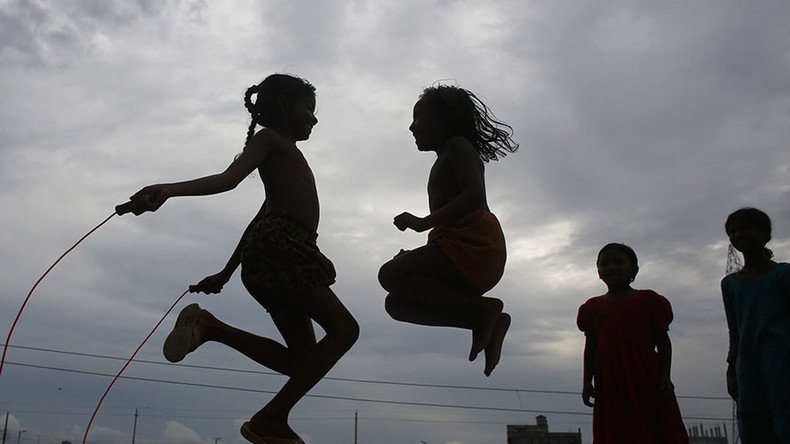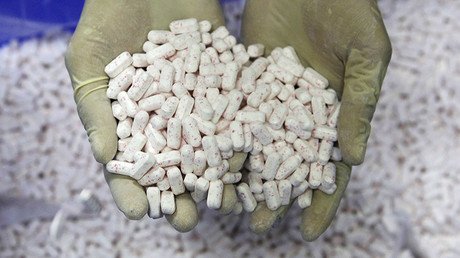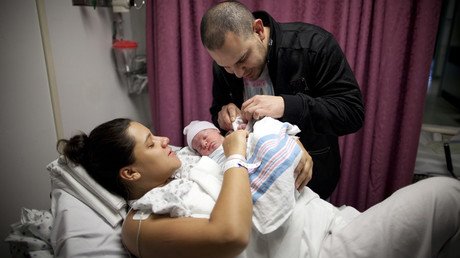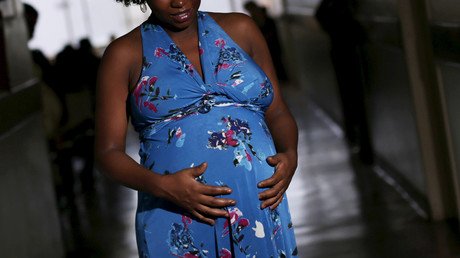1 in 4 children do not have access to basic health care – study

Although the number of children in the US who are uninsured is at an all-time low, a quarter of children under the age of 18 "still experience severe barriers actually getting access to appropriate health care," according to a new study.
More than 20 million of America's 73 million children face substantive difficulties in accessing health care, whether they are uninsured, are insured but do not receive primary care, or are publicly insured but cannot access "essential or timely speciality care,"according to a study released by the Children's Health Fund (CHF).
These health needs fall short even though the likes of Medicaid, the Children’s Health Insurance Program, and the Affordable Care Act have lowered the number of uninsured children to about 3.3 million in 2015, down from about 10 million in the late 1990s, according to the National Health Interview Survey.
Child, teen opioid-poisoning hospitalizations doubled since 1997 - study https://t.co/Y2MG6bxH95
— RT America (@RT_America) November 1, 2016
More than 80 percent of insured children still do not receive optimal care, CHF reported in the study. Including the 3.3 million children who are uninsured, there are 10.3 million children who do not have "adequate" access to primary health care and 6.7 million children on Medicaid or the Children's Health Insurance Program who do have access to primary care but do not have receive decent speciality care.
"While children’s health care has experienced increased and significant attention in recent years, our analyses show there is still a long way to go before we can claim that all U.S. children have access to the care they need," said Dr. Irwin Redlener, co-founder and president of Children’s Health Fund and co-author of the study. "There has been a persistent misconception that simply providing health insurance is the same as assuring effective access to appropriate health care. It isn’t."
The study's findings were based on census data, medical journals, and federal reports, as well as the CHFs network of support programs.
CHF offered several recommendations to deal with these issues, with the new presidential administration in mind. To improve pediatric health care, the study said "costly co-payments" should be reduced or eliminated, while reimbursement rates for providers offering care to underserved areas of the US should be increased.
CHF also suggested that more incentives should be offered to health care providers who serve poor communities, while telehealth and mobile clinics should be more abundant. In addition, the study recommended increased efforts in areas such as school-based health initiatives, health literacy, and outreach to non-English-speaking communities to improve children's health in the US.
"Conversations about health care in this country tend to focus on adults, because that’s where we spend the most money," said Dr. Delaney Gracy, the study's co- author and CHF chief medical officer. "Part of the point we hope to make is that prevention and early interventions for children can decrease burden of disease and impact later on, as they grow into a generation of healthier adults. The national cost of common illnesses related to poverty and poor medical access, like asthma and obesity, is several billions of dollars annually."















